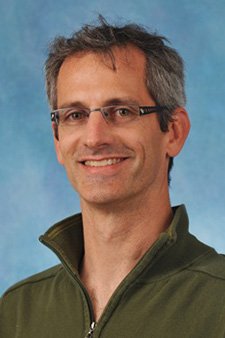
Benjamin Philpot
Professor of neuroscience
University of North Carolina at Chapel Hill
From this contributor
Angelman syndrome: Bellwether for genetic therapy in autism
It is not a matter of whether there will be clinical trials of genetic therapy for Angelman syndrome, but when.
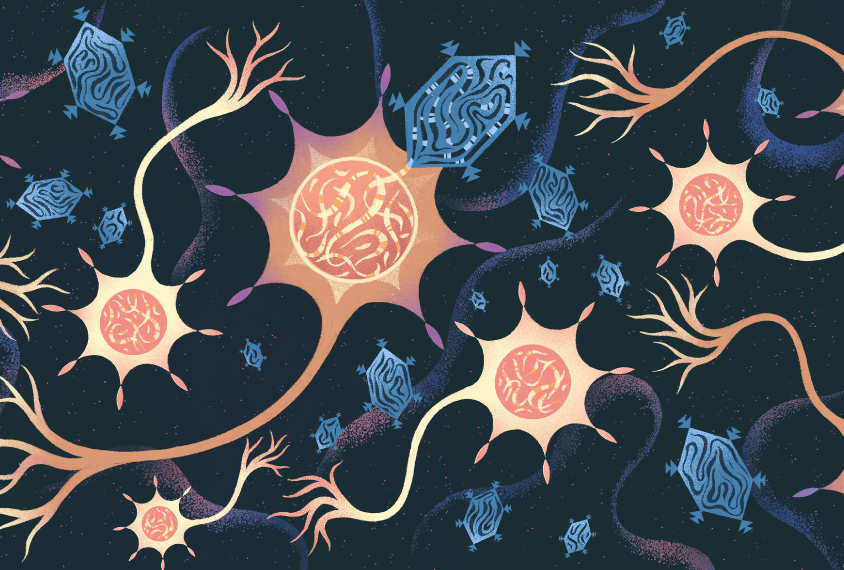
Angelman syndrome: Bellwether for genetic therapy in autism
Insights for autism from Angelman syndrome
Deletions or duplications of the UBE3A gene lead to both Angelman syndrome and some cases of autism, respectively. Studying the effects of altered gene dosage in this region will provide insights into brain defects and suggest targets for therapies for both disorders, says expert Benjamin Philpot.
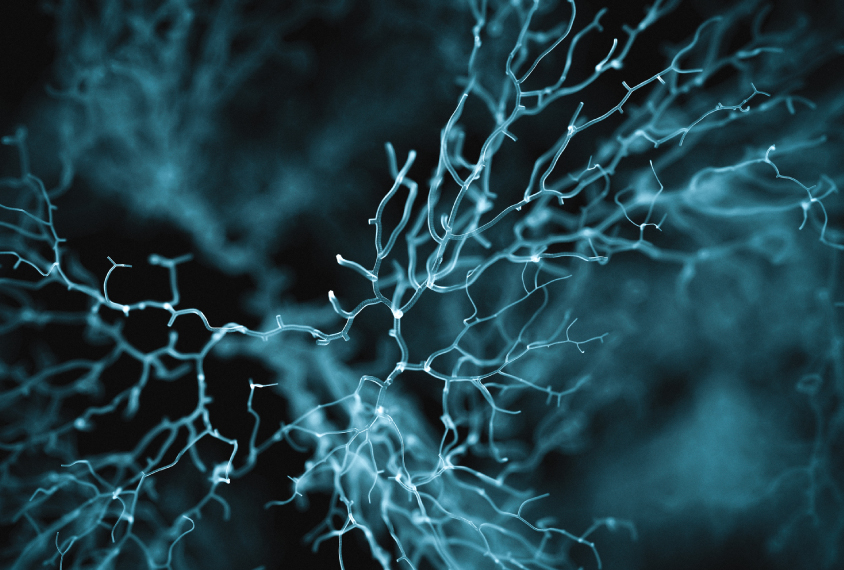
Insights for autism from Angelman syndrome
Explore more from The Transmitter
Rat neurons thrive in a mouse brain world, testing ‘nature versus nurture’
Neurons from the two rodents can wire up together to form functional circuits—all while maintaining some species-specific properties, two new studies show.
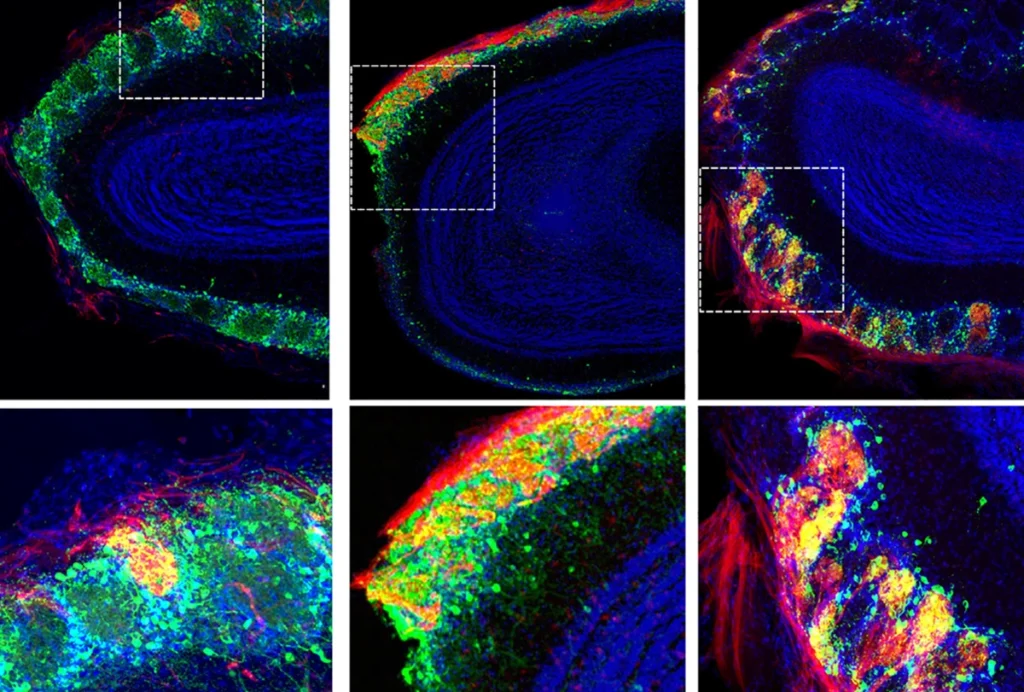
Rat neurons thrive in a mouse brain world, testing ‘nature versus nurture’
Neurons from the two rodents can wire up together to form functional circuits—all while maintaining some species-specific properties, two new studies show.
It’s past time to stop using the Reading the Mind in the Eyes Test
The widely used measure of “theory of mind” needs to be re-examined, along with the long-standing claim that autism is linked to a lack of this ability.
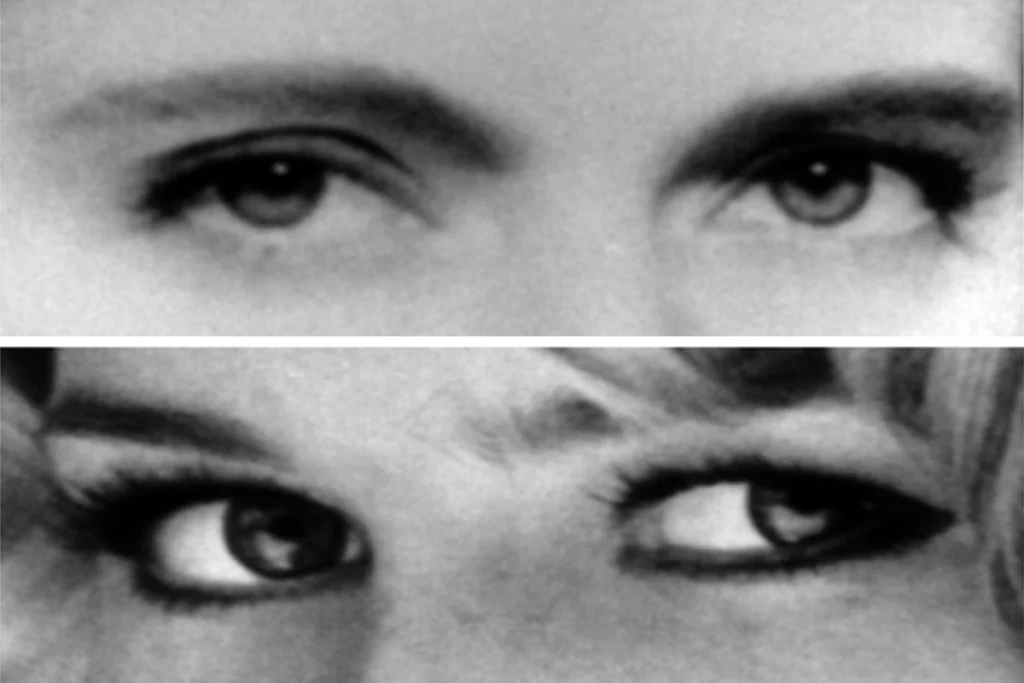
It’s past time to stop using the Reading the Mind in the Eyes Test
The widely used measure of “theory of mind” needs to be re-examined, along with the long-standing claim that autism is linked to a lack of this ability.
Robots boost data consistency in rodent studies reliant on mechanical, optogenetic stimulation
Two new devices take experimenter variation out of the equation, the lead investigators say.
Robots boost data consistency in rodent studies reliant on mechanical, optogenetic stimulation
Two new devices take experimenter variation out of the equation, the lead investigators say.